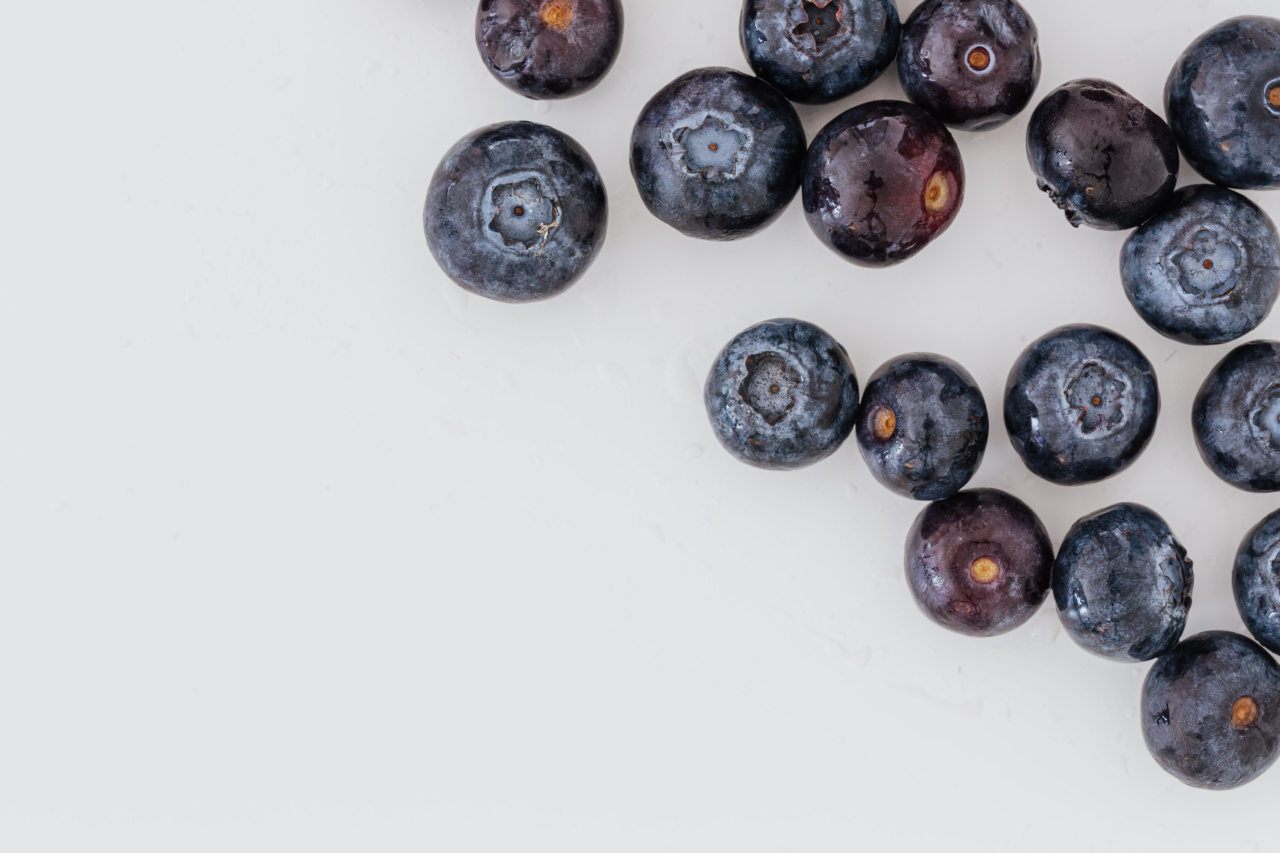Food allergies refer to the immune system’s abnormal response to certain foods. When a person with asthma has a food allergy, it can potentially worsen their asthma symptoms and increase the severity of their asthma attacks.
This article explores the relationship between food allergies and asthma and discusses the mechanisms through which food allergies can impact asthma severity.
Understanding Food Allergies
Food allergies occur when the immune system mistakenly identifies certain proteins in food as harmful substances. In response, the immune system releases chemicals, such as histamine, to combat these perceived threats.
These chemicals trigger various symptoms, ranging from mild to severe, including itching, hives, swelling, and in severe cases, anaphylaxis.
Common Food Allergens
While any food can potentially cause an allergic reaction, some foods are more commonly associated with allergies than others. The most common food allergens include:.
- Milk
- Eggs
- Wheat
- Soy
- Fish
- Shellfish
- Tree nuts
- Peanuts
Link Between Food Allergies and Asthma
Studies have shown that individuals with asthma are more likely to have food allergies compared to those without asthma. The precise relationship between food allergies and asthma is complex and not yet fully understood.
However, several theories have been proposed to explain why food allergies may influence asthma severity:.
1. Immunological Connection
The immune response triggered by food allergies can lead to inflammation in the airways, exacerbating existing asthma symptoms.
This immune system activation can result in increased airway sensitivity and reactivity in individuals with both asthma and food allergies.
2. Bronchoconstriction
Some food allergens, particularly seafood and nuts, contain high levels of histamine and other chemicals that can directly cause bronchoconstriction.
Bronchoconstriction involves the narrowing of the airways, which can precipitate asthma symptoms such as coughing, wheezing, and shortness of breath.
3. Delayed Allergic Reactions
Delayed allergic reactions to certain foods can occur several hours after consumption. During this delayed phase, the release of inflammatory mediators can contribute to airway inflammation and trigger asthma symptoms later on.
Identifying these delayed reactions can be challenging, making it crucial for individuals with asthma to keep track of their diet and potential triggers.
Managing Food Allergies for Better Asthma Control
Proper management of food allergies is essential for individuals with asthma to achieve optimal asthma control. Some strategies that can help include:.
1. Identifying Food Allergens
Getting tested for specific food allergies can help identify the trigger foods. This can be done through skin prick tests or blood tests, which measure the levels of specific antibodies in the blood.
2. Avoidance of Trigger Foods
Once trigger foods are identified, it is crucial to avoid them completely.
Reading food labels carefully, informing restaurants about allergies, and being cautious when consuming unfamiliar foods are all steps that can minimize the risk of accidental exposure to allergens.
3. Emergency Preparedness
Carrying epinephrine auto-injectors (such as EpiPens) is essential for individuals with severe food allergies, as it can help counteract the effects of anaphylaxis should it occur. Knowing when and how to use this medication is vital.
4. Medication Adjustment
For some individuals with both food allergies and asthma, certain asthma medications may need to be adjusted during an allergic reaction.
This may involve increasing the dose of an inhaled corticosteroid or using a short-acting bronchodilator more frequently to manage asthma symptoms effectively.
Conclusion
Food allergies can have a significant impact on the severity of asthma symptoms and asthma control. Understanding the relationship between food allergies and asthma is crucial for individuals with both conditions to effectively manage their health.
By identifying and avoiding trigger foods, carrying emergency medication, and making necessary adjustments to asthma treatment plans, individuals with asthma and food allergies can take steps towards achieving better control of their condition.






























